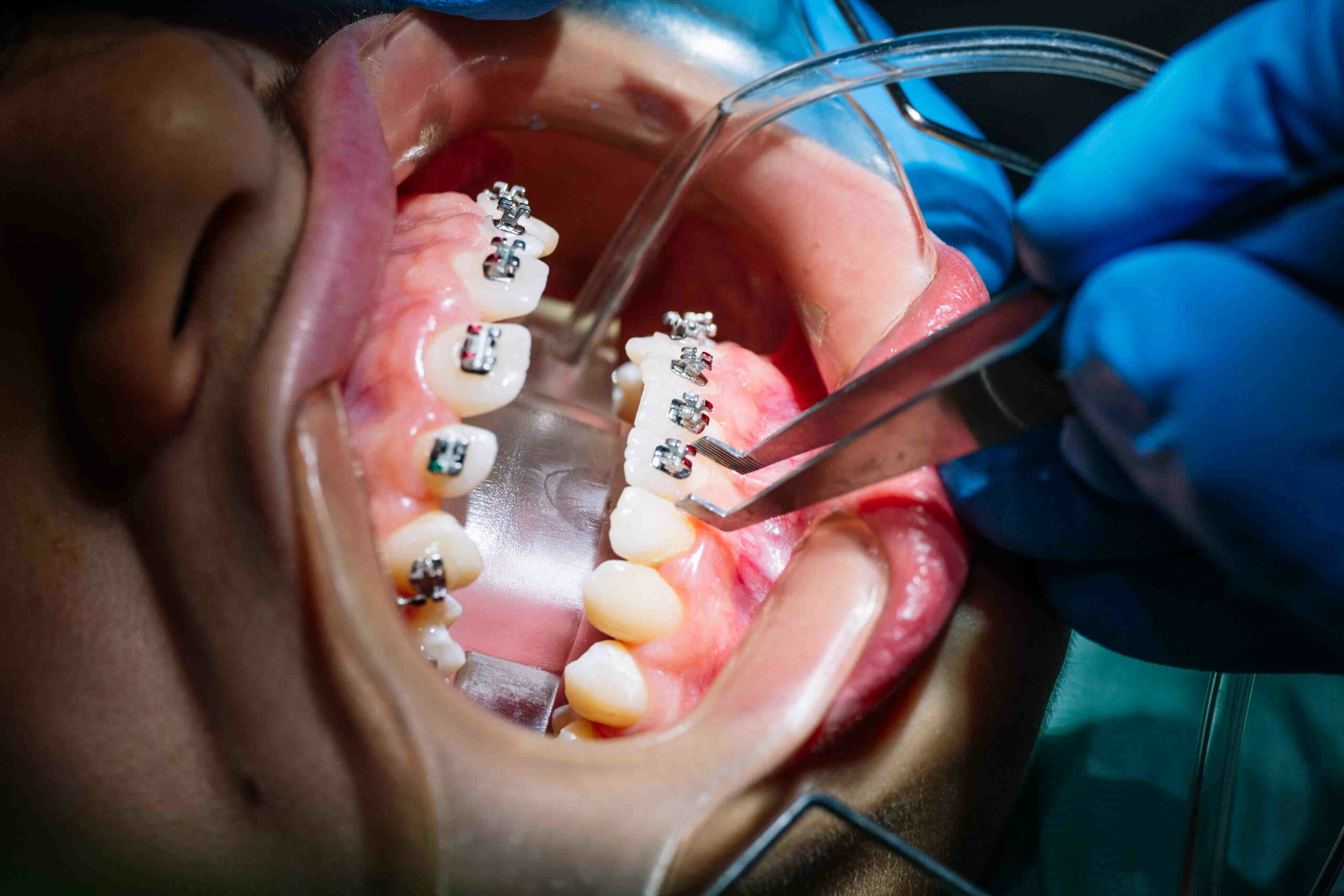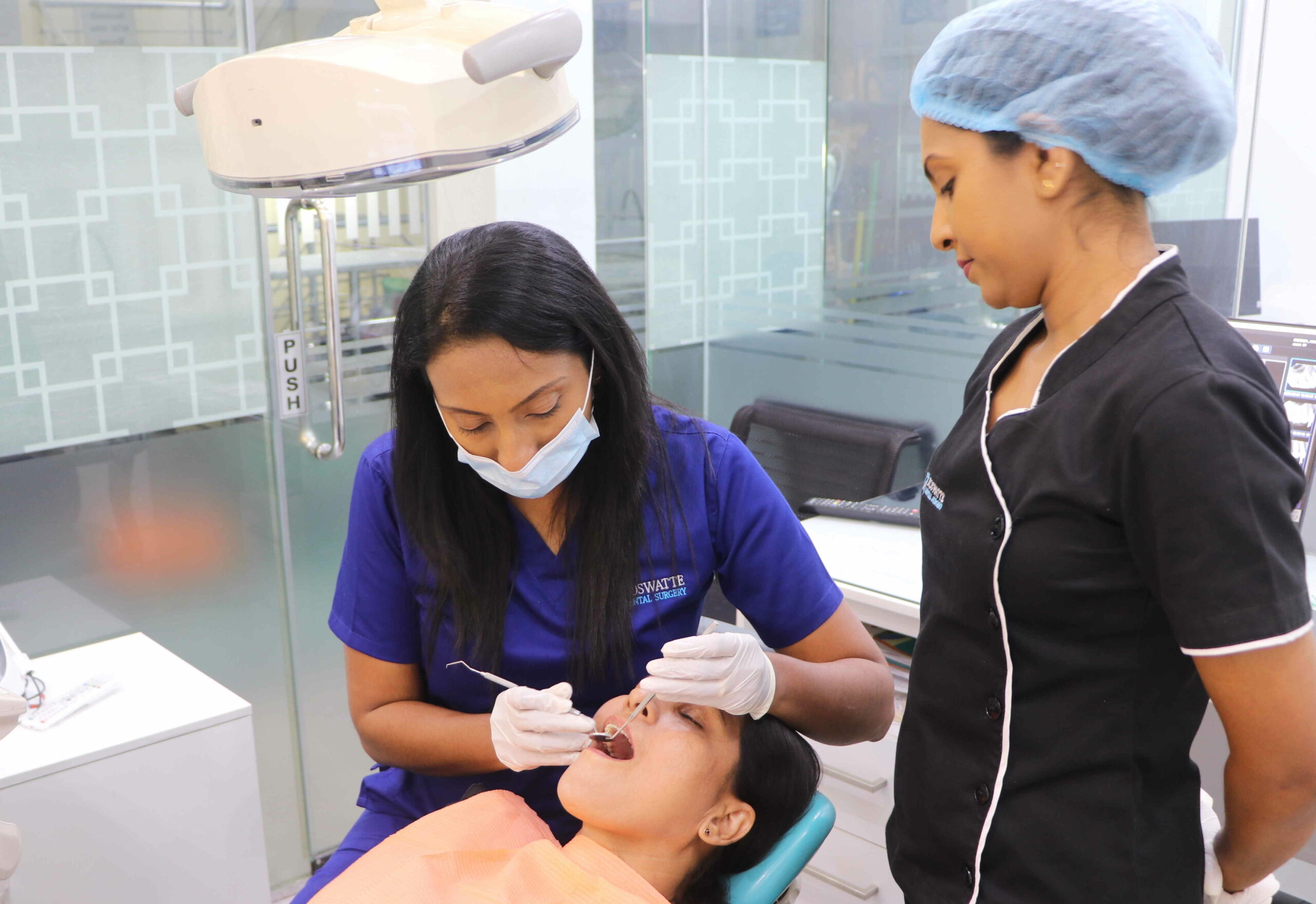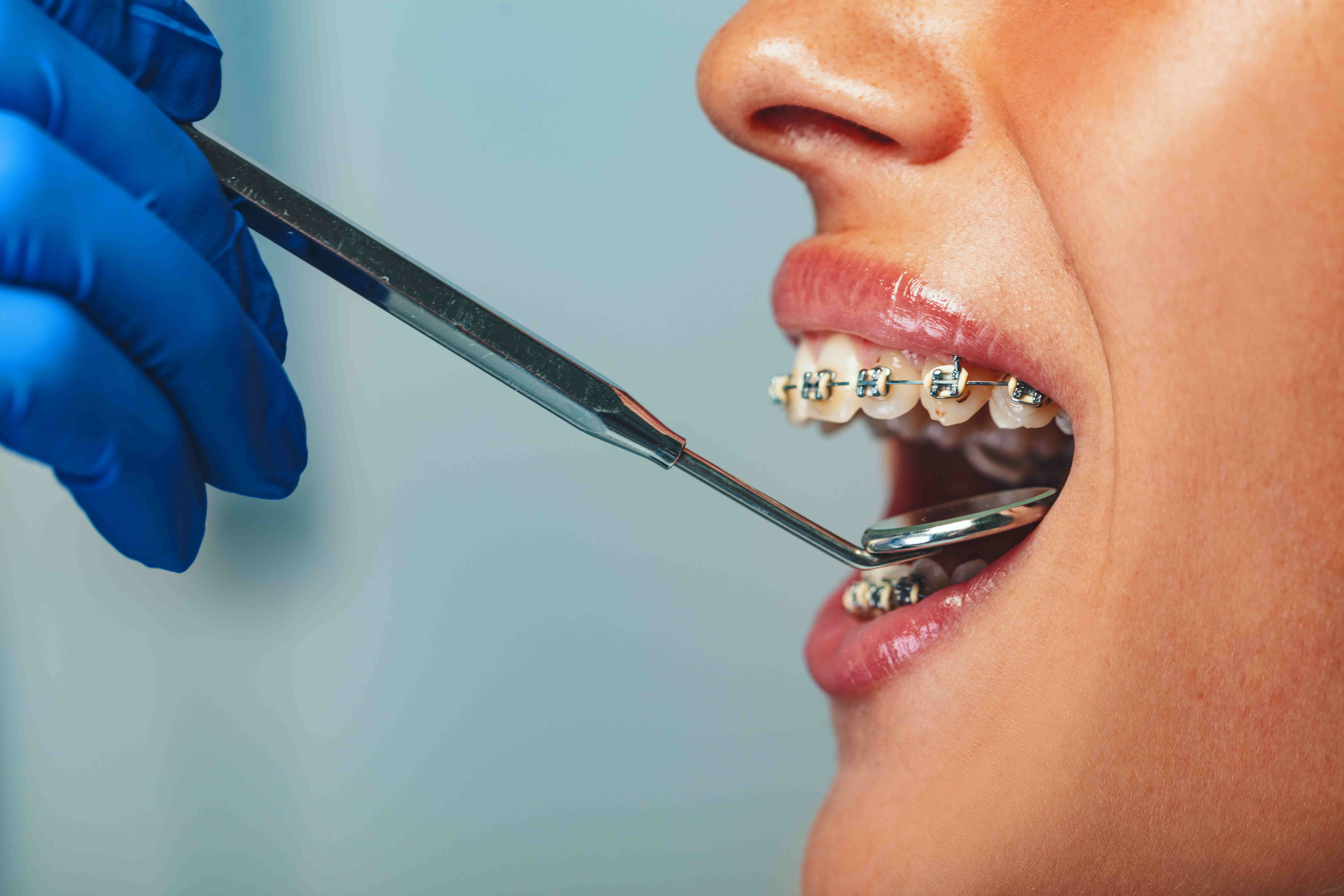Do You Need Orthodontic Treatment? Here’s How to Know A beautiful smile is an asset for anyone. It boosts your self-confidence and improves your quality of life. Orthodontic treatment isn’t just for kids and teens anymore—it’s for everyone. Some people rarely smile because they’re self-conscious about their crooked teeth. But those days of hesitation are …
Do You Need Orthodontic Treatment? Here’s How to Know
A beautiful smile is an asset for anyone. It boosts your self-confidence and improves your quality of life. Orthodontic treatment isn’t just for kids and teens anymore—it’s for everyone. Some people rarely smile because they’re self-conscious about their crooked teeth. But those days of hesitation are over. Thanks to advanced technology, there are now plenty of treatment options available to help you achieve the smile you’ve always wanted.
But how do you know if you need orthodontic treatment? Orthodontics isn’t just about improving aesthetics; it also corrects bite problems, enhances oral health, and supports other dental treatments like implants or dentures.
Here are some common signs that it might be time to schedule a consultation with an orthodontist:
1. Crowded or Crooked Teeth
If you have overlapping, twisted, or displaced teeth, you may have crowding. Crowded teeth not only affect the appearance of your smile but can also make it harder to maintain good oral hygiene, increasing the risk of cavities and gum disease.
2. Gaps Between Teeth
Some people have spaces between their teeth due to genetics or missing teeth. Orthodontic treatment can close these gaps, improving both function and aesthetics.
3. Jutting Out Teeth
If there’s a significant gap between your upper and lower teeth when your mouth is closed, it may need to be corrected to improve the appearance of your smile.
4. Unable to Close Lips Properly
When both upper and lower teeth are protruding, it can compromise not only your smile but also your facial appearance. Your lips may not close properly, and your face may appear more convex in shape. Orthodontic treatment can correct this issue.
5. Early or Late Loss of Baby Teeth
For children, losing baby teeth too early or too late can affect the alignment of permanent teeth. If you notice irregularities in your child’s dental development, an orthodontic evaluation can help identify and address potential issues early on.
6. Difficulty Chewing or Speaking
Misaligned teeth can make it difficult to chew food properly and may even affect speech clarity. Bite problems such as an overbite, underbite, crossbite, or open bite can also cause difficulty in chewing. Orthodontic treatment can correct these issues, improving both function and comfort.
Orthodontic treatment is about more than just a beautiful smile—it’s about improving your oral health, function, and overall well-being. If you’ve noticed any of the signs mentioned above, it might be time to consult an orthodontist. Remember, it’s never too late to achieve the smile you deserve!





